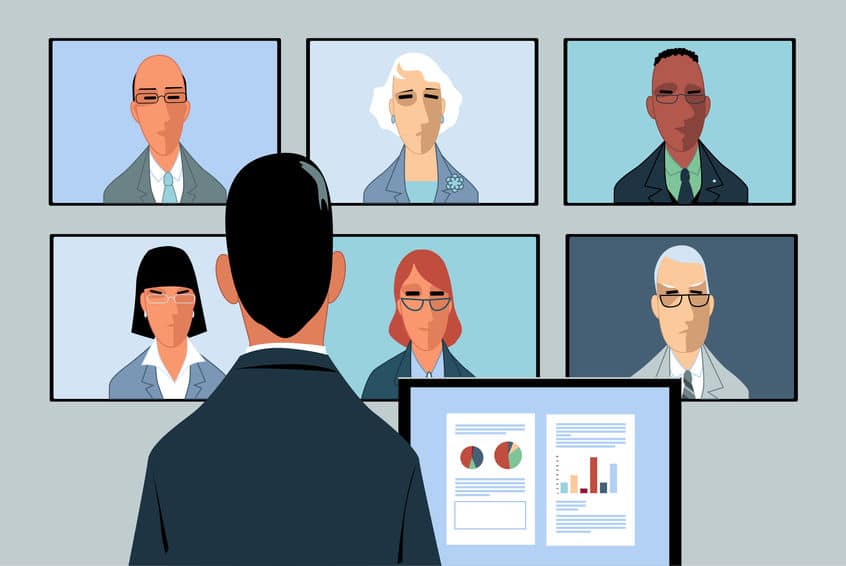 Research shows that Americans spend at least 50% of each day looking at screens — computers, smart phones, televisions, tablets and other electronic devices. That is why more tips here by experts are a must-read. How can you keep your eyes happy and healthy with all of this screen time? Here are some tips:
Research shows that Americans spend at least 50% of each day looking at screens — computers, smart phones, televisions, tablets and other electronic devices. That is why more tips here by experts are a must-read. How can you keep your eyes happy and healthy with all of this screen time? Here are some tips:
Maintain a healthy distance. Your eyes actually have to work harder to focus on things up close compared with far away. Try keeping your monitor or screen at arm’s length, about 25 inches away. If you moved here, you will get the best eye check ups!
Take breaks. Look at anything else but your screen for at least 20 seconds for every 20 minutes of screen time. This will help to give your eyes a much-deserved rest. Try gazing into the distance every now and then to give your eyes a break from looking up close at a screen.
Lubricate your eyes. Make sure you blink regularly to keep your eyes lubricated, which in turn helps prevent fatigue. While you’re giving your eyes a break from screens, try some lubricating eye drops to help ease dryness. Consider using a humidifier to increase the moisture in the air in your home or office.
Give your eyes a rest. Put away your phone for an hour when you’d normally use it. Turn off the TV before getting ready for bed. If you spend a lot of time during the day on screens, limit screen time on nights and weekends. Consider reading books instead of e-books, for example. The key is to give your eyes rest in between periods of screen time. Getting enough sleep is also extremely important if you’re spending a lot of time in front of screens.
Adjust lighting. If a screen is much brighter than the surrounding light, your eyes will have to work harder. Don’t let your monitor be your only source of light at night. During the day, reducing the brightness on any screen and again, making sure that the screen is not the only source of light in the room also can lessen the strain on your eyes.
Try incorporating these tips into your day and your eyes will thank you!



 February is Heart Health Month, a great time to learn more about keeping your heart healthy. Did you know that your eyes can offer a glimpse into your heart health? Studies show that evidence of heart disease can be detected in routine eye exams. In fact, vision problems are sometimes the first or only symptom a person has of a serious cardiovascular condition. The skills acquired at the
February is Heart Health Month, a great time to learn more about keeping your heart healthy. Did you know that your eyes can offer a glimpse into your heart health? Studies show that evidence of heart disease can be detected in routine eye exams. In fact, vision problems are sometimes the first or only symptom a person has of a serious cardiovascular condition. The skills acquired at the 
 Do you spend much of your day looking at a computer screen or at other electronic devices? Do you spend a lot of time behind the wheel for your job? Do a lot of reading? Or are you a bit short on sleep? If you answered “yes” to any of these questions, you are at a higher risk for eye strain.
Do you spend much of your day looking at a computer screen or at other electronic devices? Do you spend a lot of time behind the wheel for your job? Do a lot of reading? Or are you a bit short on sleep? If you answered “yes” to any of these questions, you are at a higher risk for eye strain. Children sometimes have a difficult time explaining how they feel or if there is a problem. That’s why if you are a parent, trying to figure out if your child has an issue with his or her vision can sometimes be tricky. Here are a few signs to look for:
Children sometimes have a difficult time explaining how they feel or if there is a problem. That’s why if you are a parent, trying to figure out if your child has an issue with his or her vision can sometimes be tricky. Here are a few signs to look for: